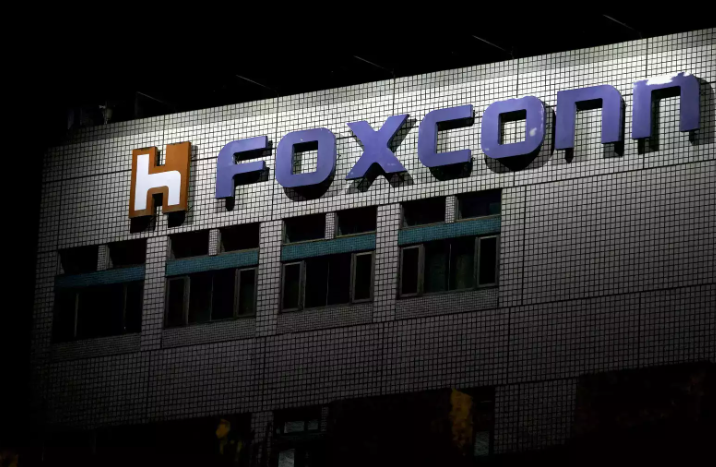As China’s local governments grapple with budget shortfalls and the need to shore up their finances, foreign and local companies operating within the country have increasingly become targets of tax audits and regulatory reviews. This financial scrutiny is aimed at collecting additional revenue to stabilize the precarious financial situations faced by many local governments.
The most recent company to come under the spotlight is Foxconn, a Taiwan-based manufacturing giant and Apple’s primary contractor for producing a wide range of electronics.
Chinese state media outlets reported that Foxconn, also known as the Hon Hai Technology Group, is currently facing investigations in four provinces in China. These investigations include tax inspections in Guangdong and Jiangsu Provinces, as well as investigations in Henan and Hubei Provinces to determine whether the company has complied with land use regulations.
Foxconn swiftly responded to these investigations by issuing a statement, asserting its commitment to legal compliance in all its global operations. The statement indicated that the company would actively cooperate with relevant units during the investigative process.
Foxconn’s role as Apple’s primary manufacturer of products like iPhones and MacBook laptops has caught the attention of industry observers and regulators alike. Last week, Apple’s CEO, Tim Cook, met with China’s Minister of Industry and Information Technology, Jin Zhuanglong, in Beijing. The meeting revolved around discussions on Apple’s development in China and supply chain cooperation.
In an effort to maintain its leading role in global supply chains and attract foreign investment, the Chinese central government has been cautioning local and provincial governments against using arbitrary fines as a means to raise revenue. An article in the Communist Party’s official publication, Study Times, recently emphasized that the inappropriate use of fees and intervention by local governments could disrupt the business order, damage the business environment, and erode business confidence.
The financial challenges faced by local governments in China have been exacerbated by deep uncertainty in the real estate market. Many of these governments rely heavily on revenue generated from land leases to property developers, and with the real estate market slowdown, this source of income has significantly diminished, especially in smaller cities. Additionally, major property developers, such as China Evergrande and Country Garden, have been struggling to meet debt obligations, adding to local governments’ fiscal woes.
Furthermore, local governments are grappling with rising healthcare and pension costs as China’s population ages. While the national government provides some financial transfers to local governments, it has not yet taken direct responsibility for the escalating social benefit costs.
In an effort to combat unemployment and stimulate economic growth, Beijing has been pressuring local governments to increase their spending on infrastructure projects, such as the construction of rail lines, highways, bridges, and other public works. This move is aimed at providing job opportunities and rejuvenating the economy. It’s particularly critical given the record-high youth unemployment levels observed in early summer.
As local governments in China face increasing financial hardships, foreign and local companies are coming under heightened regulatory scrutiny. The Chinese government’s aim is to shore up its revenue streams and create a stable financial environment while avoiding the use of arbitrary fines. Foxconn’s current investigations and Apple’s involvement in discussions with Chinese officials exemplify the ongoing dynamics between the government and businesses as they navigate these complex economic challenges. The outcome of these investigations and the broader financial stability in China will continue to be closely monitored by both domestic and international stakeholders.
(Source: Keith Bradsher | Siyi Zhao | New York Times | Huizhong Wu | Associated Press | Wei Zhou | Bloomberg)









